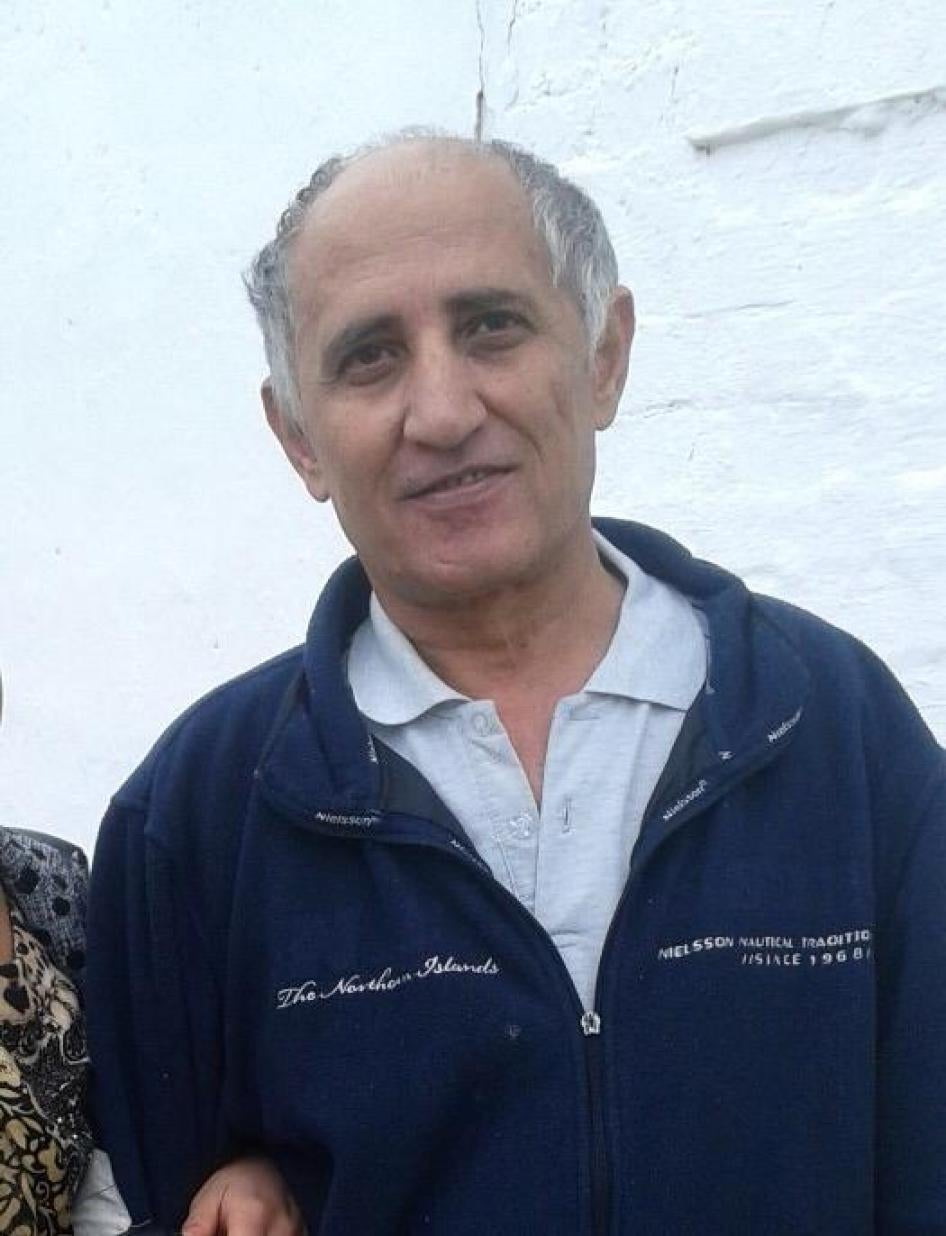(Toronto) – Tajik authorities should immediately release Abubakr Azizkhodzhaev, a well-known businessman and government critic who has been detained since February 2016, on politically motivated charges and has been ill-treated in custody, Human Rights Watch said today.
Azizkhodzhaev was detained after publicly and privately criticizing the son-in-law of President Emomali Rahmon for alleged corrupt business practices. Tajik authorities should conduct a prompt, effective investigation into Azizkhodzhaev’s ill-treatment and hold accountable all officials found responsible for his mistreatment, Human Rights Watch said.
“Arresting and abusing someone simply for criticizing the president’s son-in-law shouldn’t happen in a country where the government claims to respect human rights and the rule of law,” said Steve Swerdlow, Central Asia researcher at Human Rights Watch. “Azizkhodzhaev should be released and anyone who has ill-treated him should be punished.”
|
News Release
Tajikistan: Release Government Critic
Businessman Detained, Beaten After Speaking Out About Corruption
Your tax deductible gift can help stop human rights violations and save lives around the world.
Region / Country
Topic
Most Viewed
-
June 3, 2025
“They’re Ruining People’s Lives”

-
January 25, 2024
“We’re Dying Here”

-
April 27, 2021
A Threshold Crossed

-
November 25, 2019
A Dirty Investment

-
November 19, 2012
Losing Humanity




